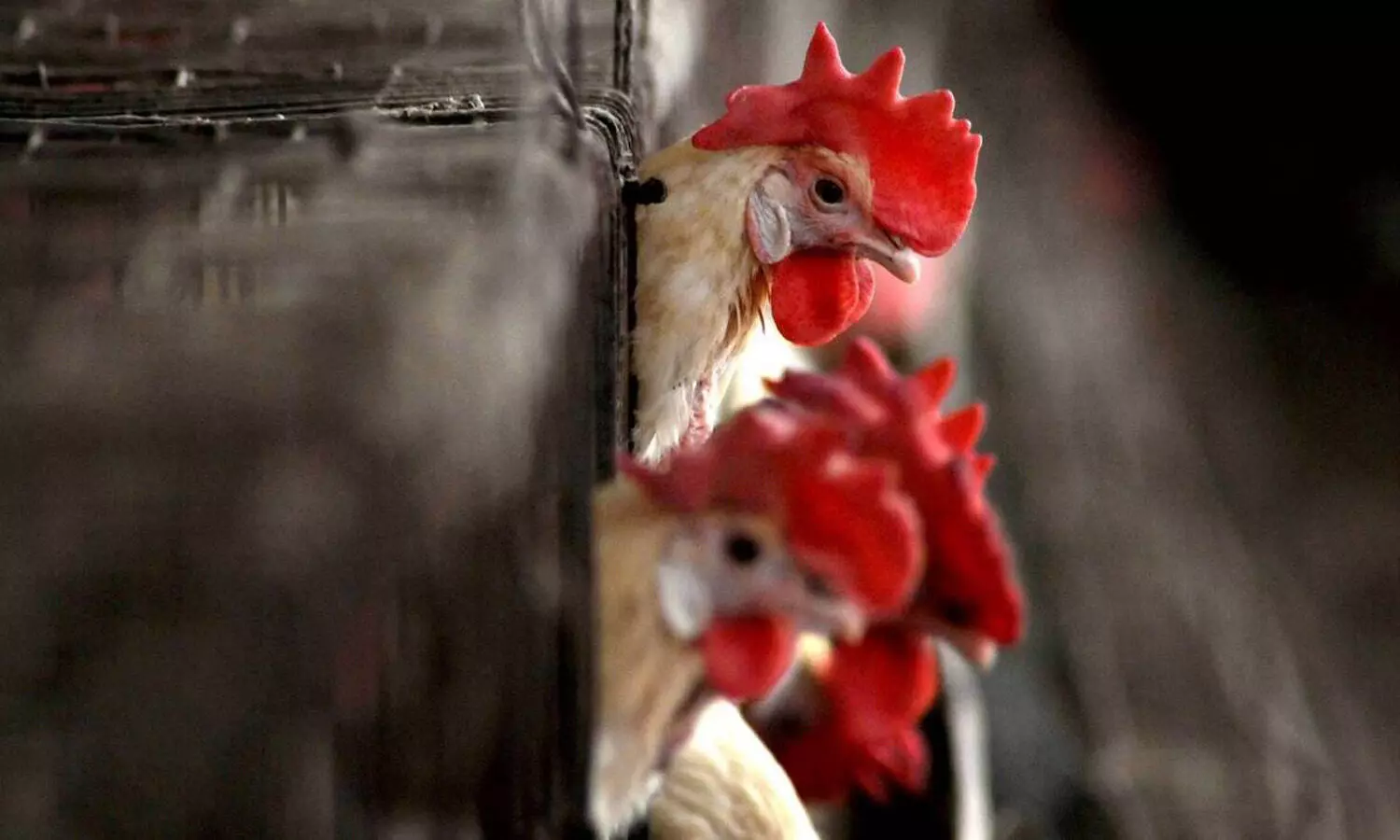TRENDING TAGS :
Why One Should Not Eat a Non-Veg Diet Like Chicken and Goat Flesh
Nourish your body while making mindful choices for a harmonious existence.
Veg and Non Veg
The decision to consume or abstain from non-vegetarian options such as chicken and goat meat goes beyond the realm of taste preferences. It delves into ethical considerations, the quest for alternative sources of nutrition, and the karmic repercussions associated with our dietary decisions.
The consumption of chicken and goat flesh is a common practice, deeply ingrained in various culinary traditions. However, as awareness grows about the ethical implications of our food choices, individuals are increasingly seeking alternatives that not only nourish the body but also align with values of compassion and mindful living.
One of the primary ethical concerns surrounding the consumption of chicken and goat meat is the impact on animal welfare. The industrialized processes involved in meat production often raise questions about the humane treatment of animals. Choosing alternatives becomes a conscious decision to reduce one's contribution to practices that may be perceived as inhumane.
Beyond the ethical considerations, the concept of karma adds another layer to the discourse. The belief that the energy we put into the world comes back to us suggests that our actions, including dietary choices, have karmic consequences. Advocates of plant-based living argue that choosing options that minimize harm to living beings aligns with positive karma and contributes to a more harmonious existence.
Plant-based alternatives offer a wide array of choices for those seeking to shift away from consuming chicken and goat flesh. Legumes, tofu, tempeh, and a variety of plant-based protein sources provide essential nutrients without the ethical concerns associated with meat consumption. Additionally, incorporating a diverse range of fruits, vegetables, and whole grains ensures a well-rounded and nutritionally rich diet.
Embracing a vegan lifestyle represents a holistic approach to conscious living. Veganism extends beyond dietary choices to encompass a way of life that abstains from the use of animal products for ethical, environmental, and health reasons. It becomes a conscious commitment to compassion, sustainability, and mindfulness in all aspects of life.
Mindful eating practices encourage individuals to be aware of the origins of their food, fostering a deeper connection between the choices on their plates and the impact on the world around them. Sustainable living, an integral aspect of mindful consumption, complements the ethical considerations of animal welfare. By opting for plant-based alternatives, individuals actively contribute to reducing their carbon footprint and promoting a more sustainable food system.
The journey toward alternatives to chicken and goat flesh is a personal one, guided by principles of compassion, awareness, and conscious decision-making. It involves making choices that not only nourish the body but also contribute to a more compassionate and harmonious world. As we navigate the landscape of dietary decisions, the embrace of compassion becomes a powerful force in shaping a healthier and more ethically aligned future.



